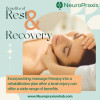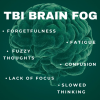Brain and Spinal Cord Injury Activities

For survivors of brain and spinal cord injuries, participation in activities is essential for maintaining physical and mental health. Exercise helps to improve strength, flexibility and endurance, while also reducing the risk of secondary complications. In addition, activities such as socializing, hobby groups, and cognitive training can help to reduce the risk of depression and anxiety. For many survivors, participation in activities also provides a sense of accomplishment and purpose. When faced with the challenges of living with a brain or spinal cord injury, participation in activities can help survivors stay positive and motivated.
Meditation Activities
Meditation is an important part of the brain and spinal cord injury recovery process and possesses many benefits.
First, meditation can help to reduce stress and anxiety, which is important because stress and anxiety can make it difficult to focus on the task at hand, which can in turn lead to more mistakes and injuries.
Second, meditation can help to improve sleep quality. This is important because poor sleep can further contribute to stress and anxiety, as well as physical pain.
Finally, meditation can help to improve cognitive function. This is important because brain and spinal cord injuries often result in cognitive impairments. However, by regularly practicing meditation, survivors can help to improve their attention span, memory and executive functioning.


Life Skills Navigator Activities
A life skills navigator is an important resource for brain and spinal cord injury survivors. The navigator can help individuals with the often-overwhelming task of relearning how to live their lives. After a brain or spinal cord injury, many basic activities such as dressing, bathing, and eating can become difficult or even impossible. A life skills navigator can assist survivors in regaining these abilities by providing resources and support. The navigator can also help survivors identify and access community resources such as housing, transportation and employment services. In addition, the navigator can provide essential emotional support to survivors and their families during the difficult adjustment period following a brain or spinal cord injury. Without a life skills navigator, many survivors would be left to navigate the challenges of their recovery alone.
NeuroPraxis has identified a number of activities that a life skills navigator could do with their patients, helping them regain their confidence along the way.
Chair Yoga Activities
For many people suffering from a brain or spinal cord injury, regaining movement can be a long and difficult process. Chair yoga can be an important part of this process, as it helps to improve flexibility and range of motion while also promoting relaxation. Chair yoga is a type of yoga that is practiced using a chair for support. This makes it an accessible form of yoga for people with limited mobility. By helping to improve flexibility and range of motion, chair yoga can help survivors regain function and independence. In addition, the relaxation benefits of chair yoga can help to reduce stress and promote healing.



